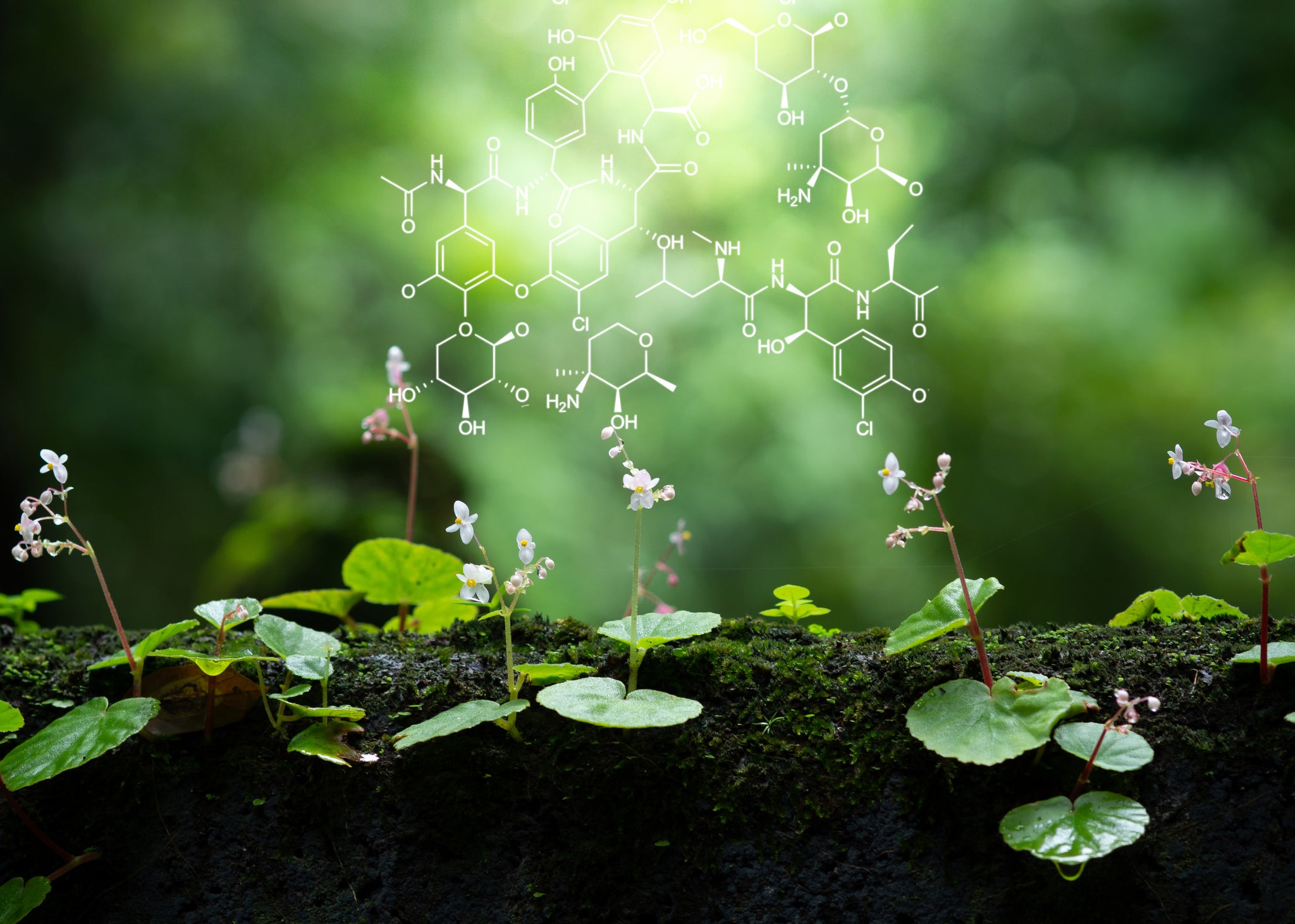
Do you know what’s behind the label?
Are you confused with all the terms marketers are bombarding you with these days on product labels? So are we. So many labels boast this or that-free, but don’t tell you what’s actually in it. It pays to do your homework. We’re all about truth and transparency, so here’s what we know. It really is pretty simple.
“Chemical free” really isn’t a thing. Fun fact. Everything has a chemical composition. Without chemicals, we don’t exist. Period. In fact, you and I are largely made up of oxygen, hydrogen, nitrogen, calcium, and phosphorous. Ditto for all living things and everything mother nature creates. So, nothing can truly be “chemical free.”
Not all chemicals are created equal. Here’s where you need to pay attention. The consumer products industry has been formulating chemical additives (often called specialty chemicals) for nearly a century. Most personal care products you purchase contain lab-created ingredients.In the past, we may not have thought or worried about these chemicals, but research is showing we should. Take triclosan for example. It’s an antibacterial chemical that was originally a pesticide but found its way into many of our soaps and personal care products, including deodorant. Now it’s banned by the FDA because of long term health concerns (except for toothpaste, go figure). Same goes for 18 other chemicals.
Now, we’re not saying all chemical additives are bad or harmful. It’s just tough to know which ones you can use with confidence and which ones might present a problem either now or down the road. So, that said, here are some ways you can limit the chance of encountering issues from using products with additives:
Read the label. Next time you go to pick up your “go-to” brand, take a look at the label. Anything you apply to your skin is absorbed into your body’s ecosystem. If your anti-perspirant lists ingredients such as aluminum-based compounds (most do), consider whether you want your body to be absorbing these compounds.
Look for products that work without using chemical additives. Chemical additives are designed to either make a product work or last longer. Looking for products that work well without the use of chemical additives can meet your need without unnecessary risk.
Buy products from companies you can trust. The source does matter. Understanding the company that makes your personal care products can go a long way to understanding their approach to formulating and producing their products. What is their commitment to their customer and to the environment? Here at Sam’s, we’re all about using naturally effective and sustainable ingredients and packaging. Every product we sell is formulated to work and be free of harmful chemicals. In fact, we think our list of ingredients is the best thing about our label.
Also in Sam's Natural Blog

What’s The Best Beard Oil?

Sam’s Definitive Guide to Applying Beard Oil
Your beard practically grows itself, so why do you need beard oil? To look and feel its best, your beard needs a little upkeep. Beard oil not only tames and moisturizes your beard, it is easy to use. It also helps calm that itchy growing-it-out phase by softening your skin and soothing your follicles without clogging your pores.

Why Is My Beard So Damn Itchy?
Let’s face it. A beard is a commitment. You don’t grow that facial glory without some effort and (sometimes) a little discomfort. So what’s up with that sudden (or persistent) beard itch?

